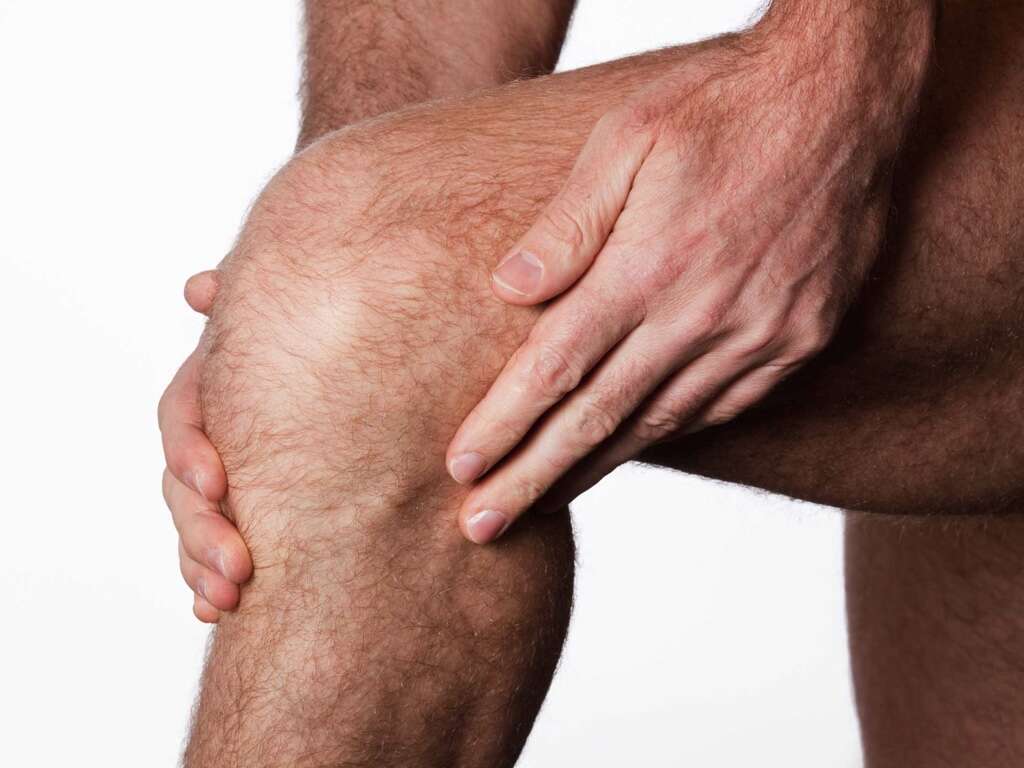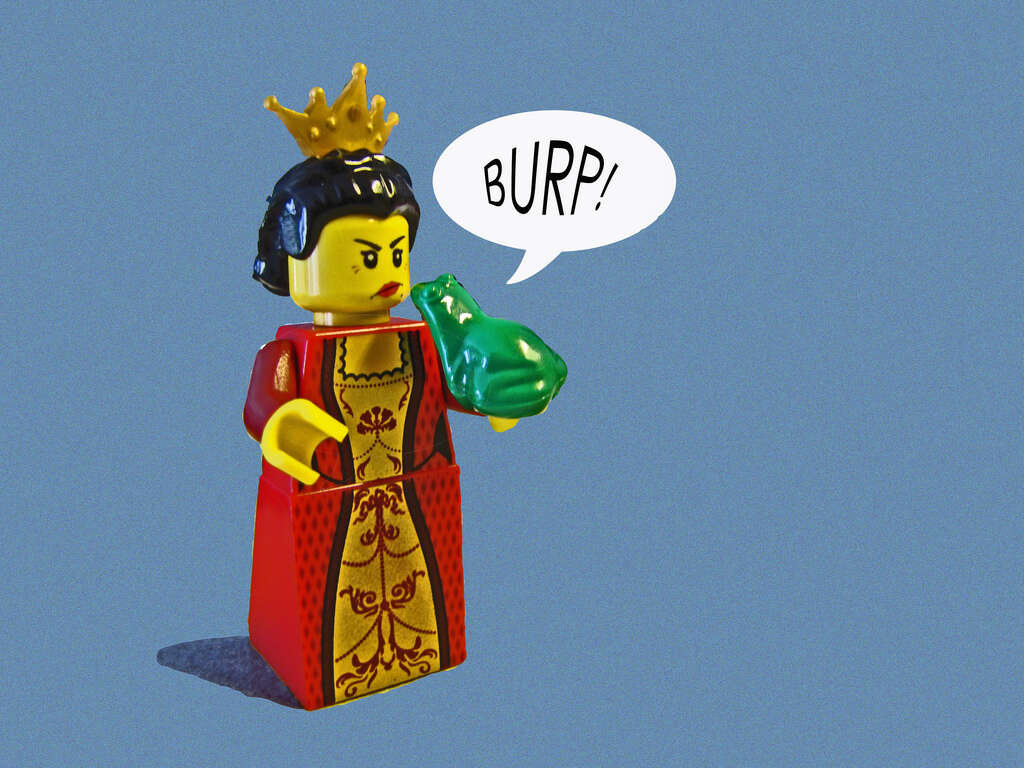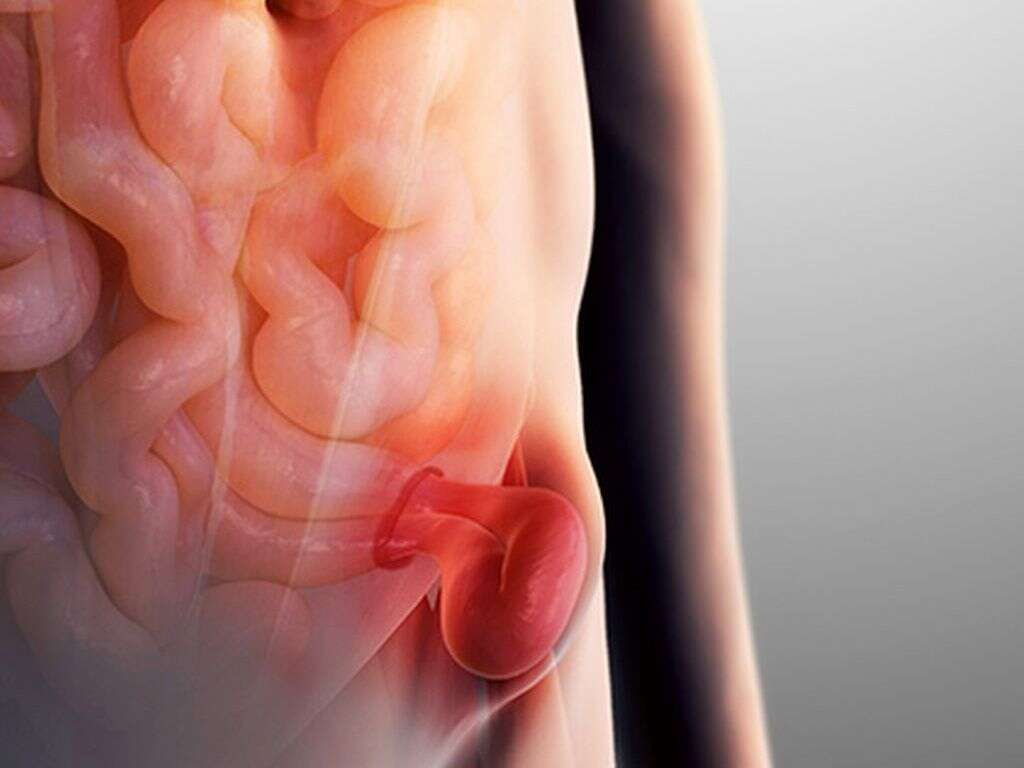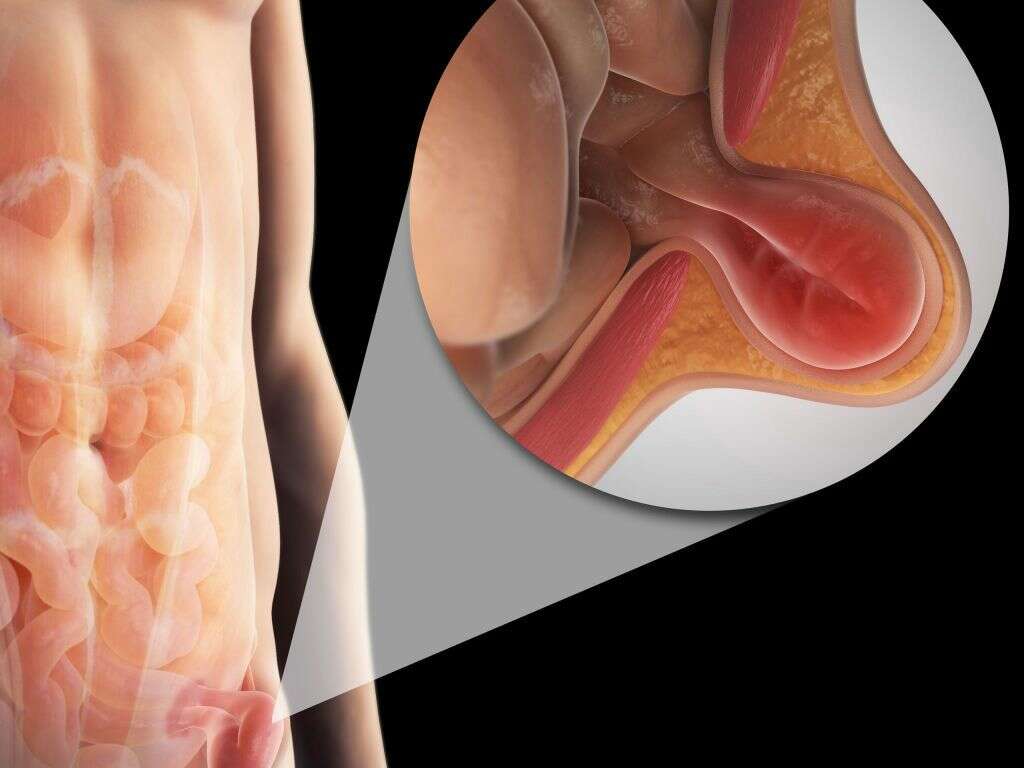10 Symptoms of Hernia
A hernia is often associated with the abdomen, though they can actually occur anywhere in the body. Despite that, the most common places that hernias occur are the inner or outer groin (known as inguinal and femoral hernias, respectively) near the belly button (an umbilical hernia) or in the upper abdomen (a hiatal hernia). They can also occur fairly commonly in places where there is a recent scar from a surgery.
A hernia is a lump that emerges when the muscles become weak. The fatty tissues in the body or organs manage to squeeze out through the weakened muscles. Most often these organs are the bladder or the intestines.
Hernias can be mild at best, but they can also be extremely painful. They can be aggravated by intense movements and often satiated by lying down in an appropriate position. If you’re worried that you might have a hernia, here are 10 signs that would indicate that you do.
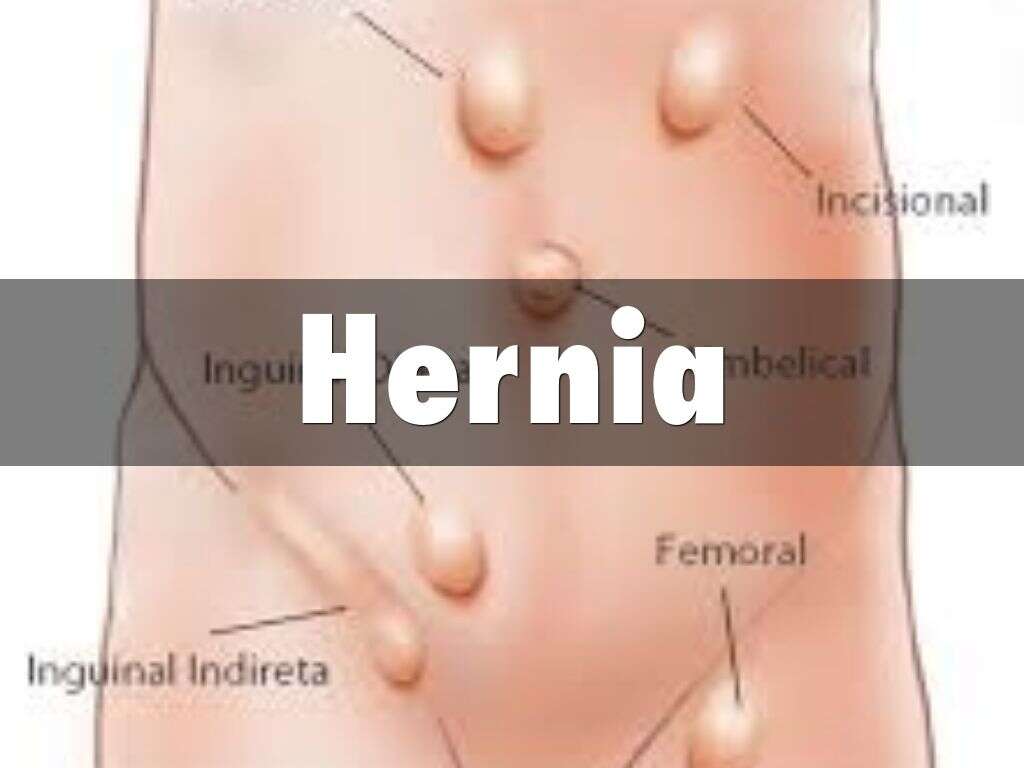
Symptom #1: Lumps
The first thing that usually indicates that someone is developing a hernia is a visible lump appearing under their skin. This is usually first observed as a swollen area, which grows into a visible bump. These most commonly appear in the abdomen or around the groin, and are an indication that your organs are protruding through your muscle tissue.
This is the most common characteristic of a hernia, and if you notice a painful lump anywhere, you should get it checked out by a professional. It may not be indicative of a hernia, but painful lumps are certainly something worth getting looked at.

Symptom #2: Pain
A hernia is a painful condition. The pain can vary in severity, from strong discomfort, ranging all the way to severe or crippling pain. Generally, the longer you leave your hernia without getting treated, the more severe the pain will become. Many people report no pain when they first see signs of a hernia emerging.
The pain or pressure can be greatly accentuated by making certain motions, such as bending over or sitting down. If you don’t seek treatment for your hernia, the pain could continue to worsen. Make sure you get it checked out before the hernia becomes strangulated - a term that’s used to describe the blood flow to the area being cut off. This can be incredibly painful.

Symptom #3: Feeling Full or Bloated
Feeling full, heavy, bloated, or generally uncomfortable in the abdominal region is quite a common characteristic of people suffering from a hernia. This occurs more often in people who suffer from umbilical or hiatal hernias because these are directly related to the organs in the abdominal cavity.
This symptom usually only arises in people who have fairly serious hernias. Those who suffer from smaller, milder hernias may not experience any bloating or discomfort at all.
Some people experience a sensation that feels like their groin is dragging. This can be similar to the intestinal discomfort felt by people suffering from abdominal hernias.

Symptom #4: Nausea and Stomach Problems
Nausea and stomach problems are among the most common problems for people suffering from abdominal hernias. You may experience problems digesting food, nausea, heartburn and acid reflux if you have an untreated hernia.
These problems can also arise in people suffering from inguinal hernias of the groin. This would occur if the hernia moves back and forth between the abdomen and the inguinal canal. This is best managed by seeing a medical professional and having the problem dealt with immediately.
If an abdominal hernia becomes strangulated, you will almost assuredly experience intense nausea and vomiting. It could become difficult to pass gas or empty your bowels.

Symptom #5: Decreased Blood Flow
Another thing that can occur as a hernia gets bigger is strangulation. This is a decrease in blood flow to the affected area that occurs when the hernia gets so big that it gets trapped within the weakened muscle tissues.
Strangulation can become a serious enough problem that it adversely affects the blood flow to the rest of the body. This can create further problems with blood pressure and can increase the chances of developing other heart problems.
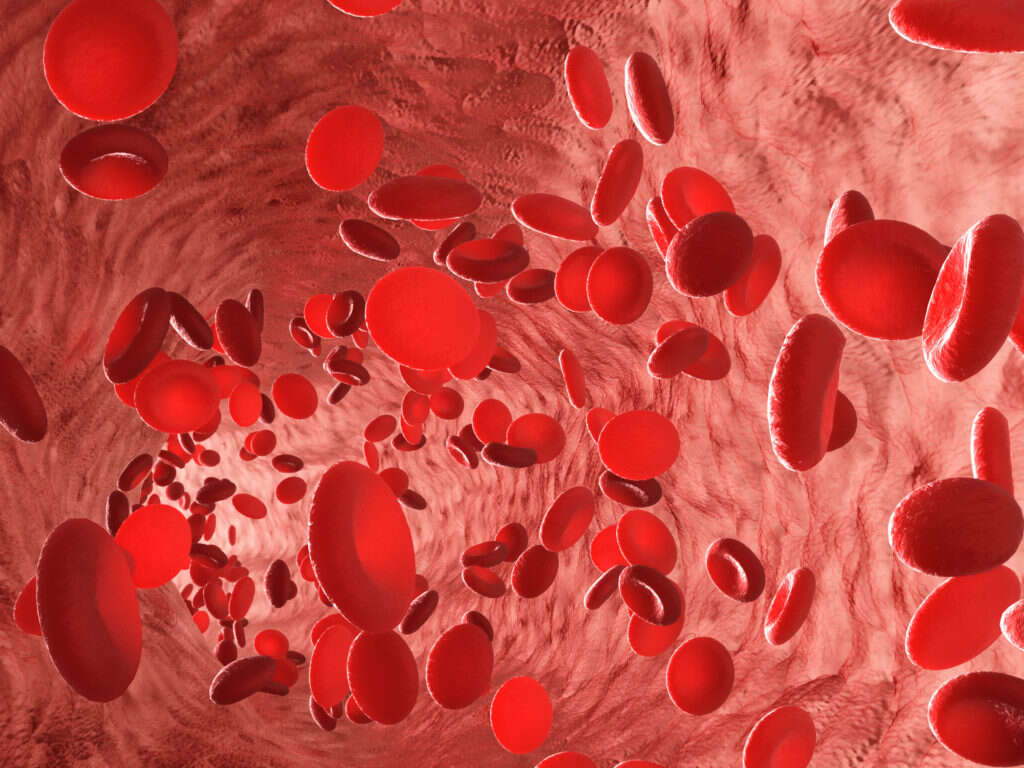
Symptom #6: Nervous System Problems
Hernias can adversely impact other regions of the body, not just the ones that they are immediately affecting. This is because a hernia can interfere with the nervous system. If a bundle of nerves is hindered by a hernia, other nerves in the same nerve chain can be responsive to the stimuli.
This means that people suffering from hernias may experience pain in entirely different parts of the body as a result of their hernia. The pain may originate in the area around the hernia, but it can travel along the roots of the nerves and affect other areas of the body.

Symptom #7: Weak Muscles
Hernias can cause discomfort and pressure in the nervous system. Similarly, they can also put pressure on the muscles in the affected area. This can cause fatigue and make you feel weaker than normal in certain areas.
This is especially true when the hernia slips out of place or moves. It can become incredibly difficult to move certain groups of muscles when they are affected by a hernia.

Symptom #8: Difficulty Accomplishing Tasks
People suffering from hernias may have a hard time accomplishing everyday tasks. The quality of a person’s life may decrease as they find themselves unable to move with the same range of motion that they could before they developed the hernia.
This could create problems in work, schooling, or in your family or social life. You may have problems picking up your children, and you may have a hard time making love to your partner. It’s important to make sure you get your hernia checked out before you experience too many problems in your daily life.

Symptom #9: Fevers
Some people underestimate fevers because they’re so often associated with the common flu. In many cases, however, a fever is an indication that the body is working in overdrive to get over a problem.
In the case of hernias, fevers could be a sign that you have a strangulated hernia. If this is the case, then it’s important to get yourself checked out as soon as possible. If you have a strangulated hernia and don’t seek medical treatment, you could experience a wide range of other health problems.
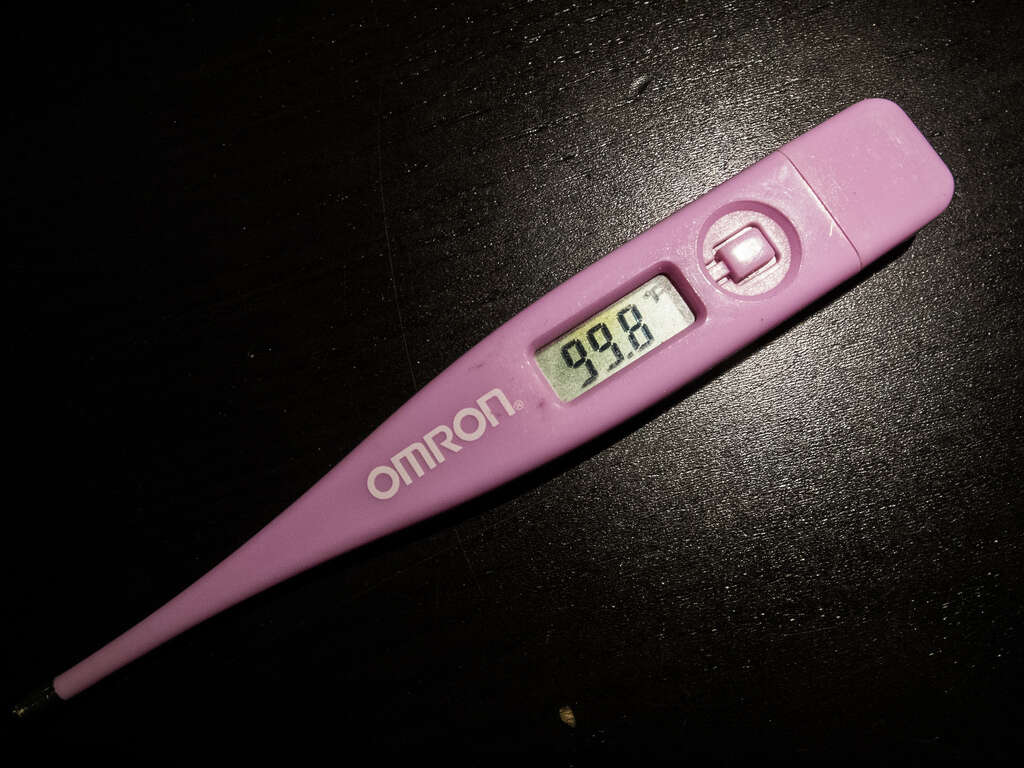
Symptom #10: No Symptoms
While being symptom-free is not technically a symptom, it’s still worth noting. Some people who have hernias may not be aware of the problem at all because they don’t have any symptoms.
This might sound ideal, but the reality is that this could be the start of a much bigger problem. If you have a medical issue, but your body isn’t telling you about it, then it could get worse over time without you even being aware of the problem in the first place.
This is more often the case with women, because they tend to have smaller lumps than men. This can be quite dangerous because the hernia might get to the point of strangulation without the patient even being aware of its existence.






